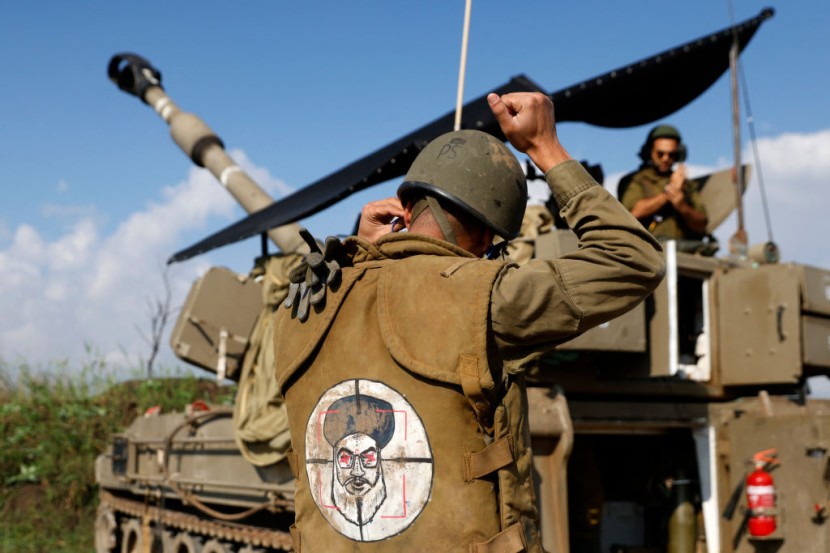Hezbollah and Israel are reportedly gearing up for a confrontation that neither side can afford, but some analysts believe that it is inevitable, according to the Associated Press.

Their last war, a monthlong conflict in 2006, ended with no discernable gains for either side.
Even as the United States calls for restraint, both sides are likely preparing for a full-scale war. The hostilities between Israel and its neighbor to the north have mostly been skirmishes, rocket attacks, and targeted drone strikes.
However, in a full-scale conflict, Israel would likely send troops into the north-which it can barely afford given the current fighting in Gaza and the West Bank. The war, which occurred six years after the IDF withdrew from south Lebanon, was sparked by the capture of two Israeli soldiers by Hezbollah and the deaths of several others in a raid.
Israel used its modern air force and equipment to launch ground attacks and air strikes with the aim of freeing the hostages and destroying Hezbollah's fighting ability. Neither of those missions were successful.
As is the case in Gaza, Israeli airstrikes laid waste to large chunks of south Lebanon. Hezbollah launched thousands of unguided rockets into northern Israel. The conflict resulted in the deaths of 1,200 Lebanese civilians and 160 Israelis, most of whom were soldiers.
What Does The International Community Want?
A United Nations resolution called for the withdrawal of Israeli troops from southern Lebanon, with a demilitarized zone on the Lebanese side of the border. Though U.N. peacekeeping troops are still in Lebanon, Hezbollah continues to operate in the area that is supposed to be demilitarized.
Lebanon says Israel regularly violates its airspace and is occupying Lebanese land. U.N. Secretary-General Antonio Guterres believes a war between the two parties "would be a total disaster."
More than 200 Lebanese, mostly militants and 20 civilians have been killed, while 18 have died on the Israeli side. Tens of thousands have been displaced on both sides.
Hezbollah has limited air defenses, while those of the Lebanese army are outdated and insufficient because of budget shortfalls, said Dina Arakji, with the UK-based risk consultancy firm Control Risks.
It is not known whether the Lebanese regular army would engage in fighting against Israel. It did so in 2006, but only in certain situations.
© 2025 HNGN, All rights reserved. Do not reproduce without permission.








